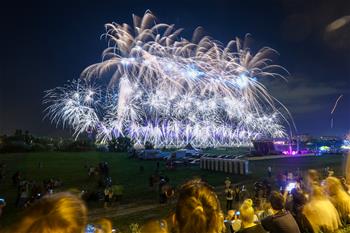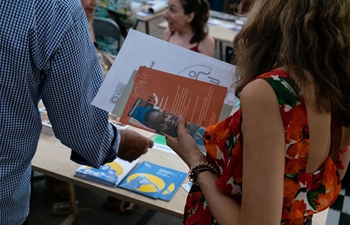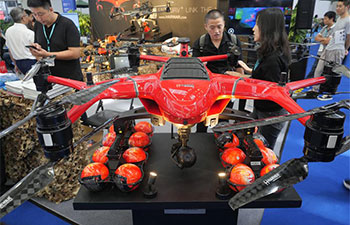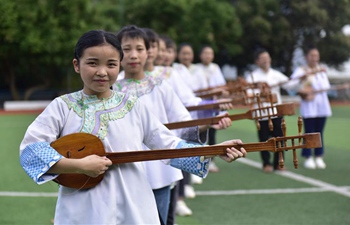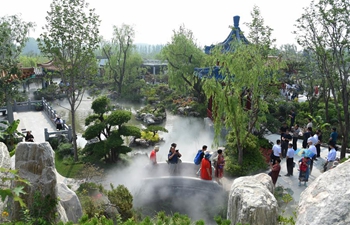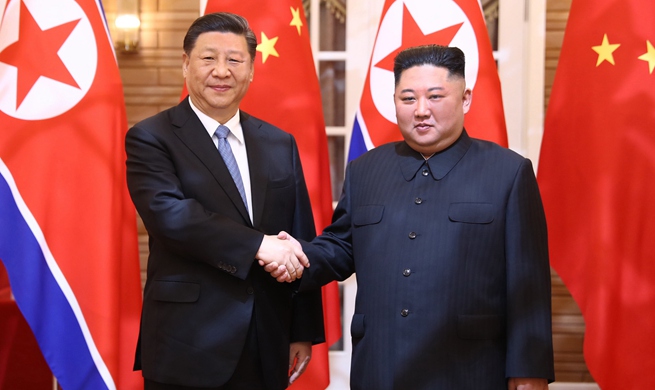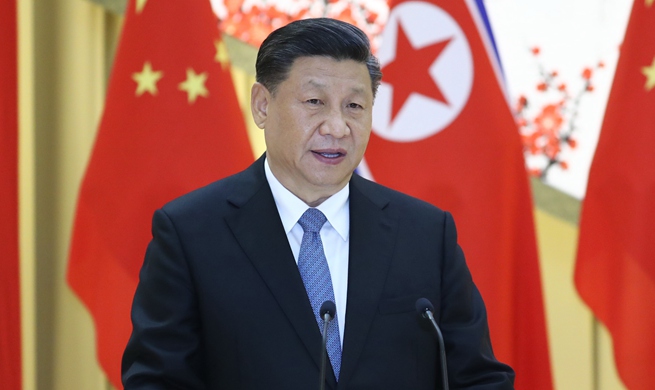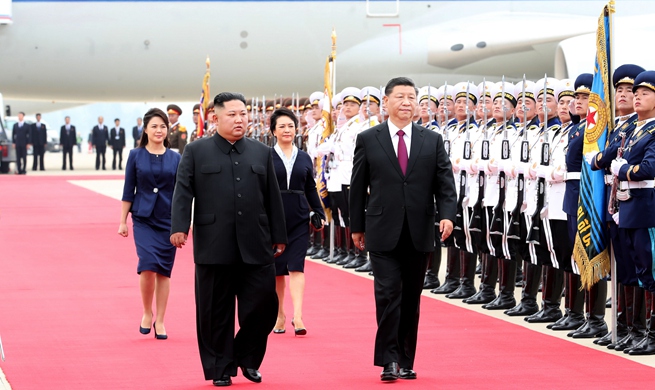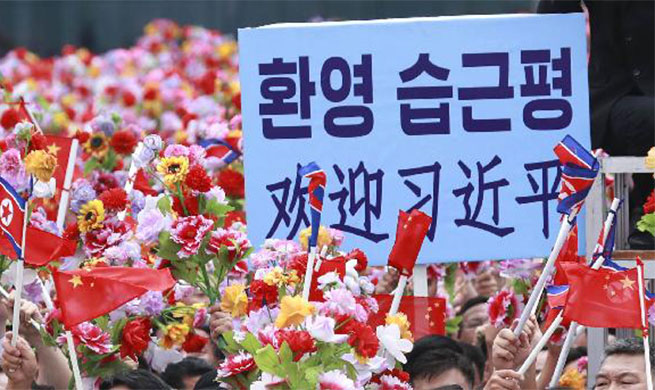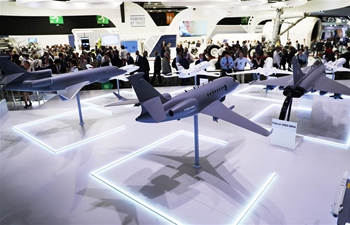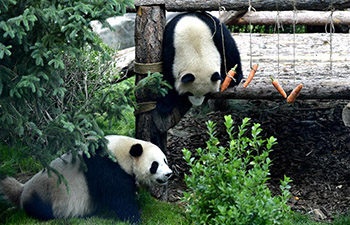PYONGYANG, June 21 (Xinhua) -- "Before I came here to study, I had not expected to see here such well-equipped classrooms and other advanced school facilities, abundant supplies in shops, or the level of hospitality among the local people," said Wang Ming, a Chinese student who has been here for two months.
Wang, a sophomore who majors in the Korean language at Sichuan International Studies University, came to Kim Hyong Jik University of Education in April on a scholarship program.
Two months in the Democratic People's Republic of Korea (DPRK) have allowed the young man to see the country in a new light. He said life here is completely different from what he has heard before he set foot here.
"I thought it was a closed-off and undeveloped country lacking in goods and materials," Wang said, but later he found that daily supplies can be easily purchased in stores.
Wang said he was also deeply impressed by the locals, for example his roommate. The amiable DPRK young man helped with Wang's language studies, and often treated him to Korean barbecue, beer and fruits.
His roommate is also keen on browsing through news articles and videos on his smartphone to stay up to date on major national and international events. Wang said it reflected some gratifying changes quietly occurring there.
Xiong Ziyue, an exchange student from Dalian University of Foreign Languages in north China, said both she and her parents were unsettled before her departure.
It turned out their worries were unfounded. "Dishes are scrumptious," she said. "I even gained weight after two months' living in Pyongyang. My parents are no longer worried about my life here."
Zou Jiayue, 23, is a senior studying Korean at Kim Hyong Jik University of Education. Five years in the country have given her a chance to witness and gain a personal understanding of the progress made here.
Local residents are now more relaxed towards foreign visitors, said Zou. "Sometimes when I ate out or went shopping in my free time, local people would warmly chitchat with me. Those who are learning Chinese would even greet me in my mother tongue."
Transportation, she said, has become more convenient. Traveling was a nuisance to overseas students in the past due to the scarcity of taxis, but now, there are more taxis on the streets.
More stores and restaurants have opened and cater to foreigners, some selling imported products from China, Japan, Malaysia and Thailand.
Zou said that she was impressed by the DPRK people's friendship towards the Chinese people. "On multiple occasions, some of my classmates and I have encountered some elderly or middle-aged people. They took our hands, thanking us for China's help, and recalled the traditional friendship between the two peoples formed more than six decades ago," Zou said.
"From what they have said and did, I could truly feel their friendship towards us. It lies deep in their hearts, unfading amidst the changes of time," she said.




